Scottish curling: life on the ice for almost 500 years
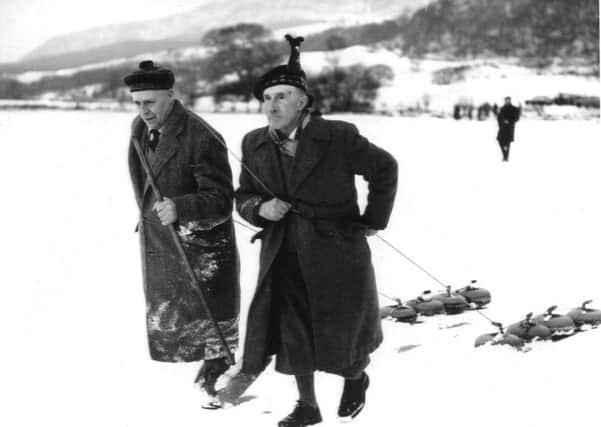

Not since February 1979 have conditions allowed for the sport’s greatest fixture - the Grand Match - to be played outdoors.
That year, 2,000 players descended on the Lake of Menteith in the Carse of Stirling for the historic match which pits curlers from the north of Scotland against those from the south of the country.
Advertisement
Hide AdAdvertisement
Hide AdThe match - also known as The Bonspiel - dates back to January 15 1847, when moving stones glided over the high pond at Penicuik House estate.
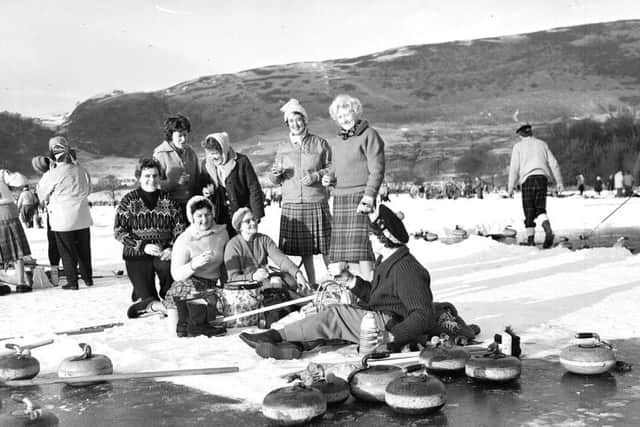

Then, the club from Currie claimed the high score of 238 while the team from Bridge of Allan were named the losers of the day.
The sport, first played in Scotland almost 500 years ago, became the country’s most popular game during the 19th Century with more than 2,000 lochs and ponds in Scotland drawing people to the ice over the cold winters.
Every year, the Royal Caledonian Curling Club draws up a contingency plan amid hope that the Grand Match can be played outdoors once again.
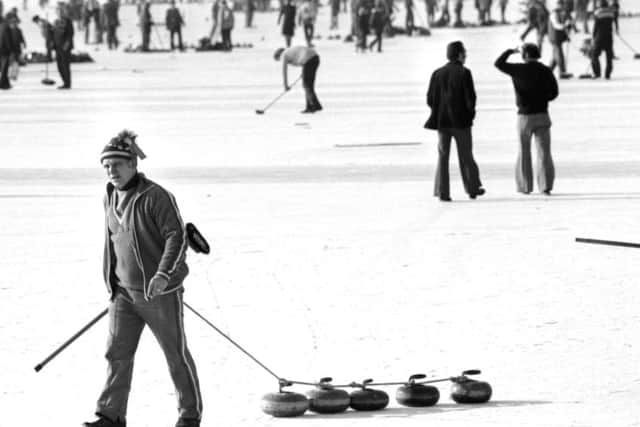

Advertisement
Hide AdAdvertisement
Hide AdBruce Crawford, CEO of the organisation, one of the oldest sporting governing bodies in the world, said:
“There is a lot of excitement when the weather turns cold and you do wonder if this year could be the year.
“With the change of climate there are far fewer outdoor games use to be. There were once around 2,000 outdoor curling ponds in Scotland, some of them at sea level, but for the past few years the winters have been so mild there has barely been a heavy frost.”
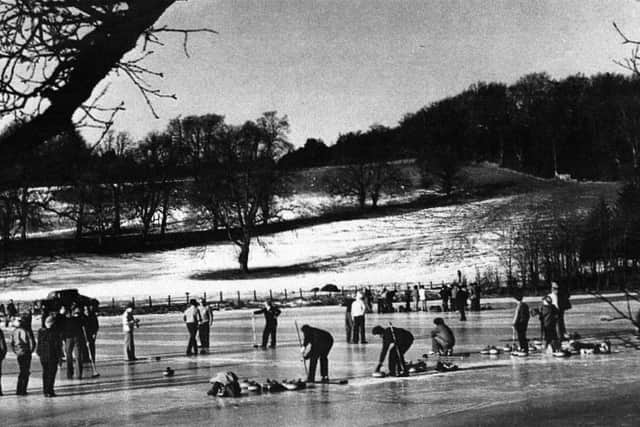

Drills are used to examine the condition of the pond ice to insure conditions are safe for play. In the past, six inches tended to suffice, although this has increased to seven in recent times.
Advertisement
Hide AdAdvertisement
Hide AdIn 2010, the Grand Match was poised to go ahead at Lake of Menteith with the ice “just about getting thick enough,” Mr Crawford said.
However, the event was cancelled due to objections of the emergency services and Stirling Council, with the association, having not executed a Grand Match for more than 30 years, unable to meet modern health and safety requirements in time.
The RCCC as a result was unable to get insurance for the event although hundreds of players took to the ice in defiance of the police and ambulance service.
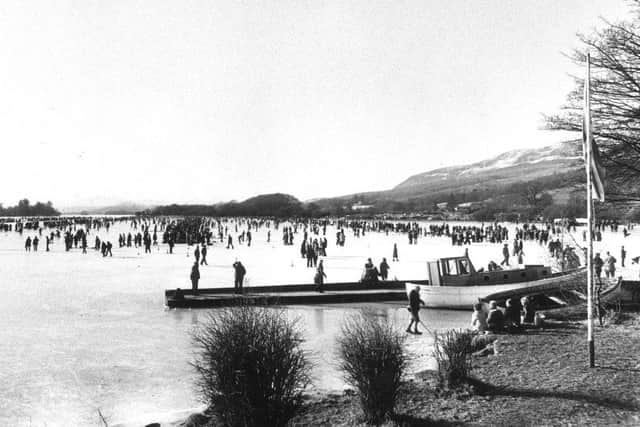

Since then a committee has met every year to put in place the necessary plan for the fixture should the temperature sufficiently fall away.
Advertisement
Hide AdAdvertisement
Hide Ad“Lots of work is done to make sure that the event can happen if it gets cold enough,” Mr Crawford said.
Curling has been played in Scotland since at least February 1541 with the notary John McQuihin recording a challenge of throwing stones across the ice between a monk in Paisley Abbey and a relative of the Abbot.
Scotland and the Low Countries have both laid claim to being the originators of the sport.
Some say that Scotland’s wealth of the key raw material required by the game - hard igenous rock - makes it more clear where the game was born.
Advertisement
Hide AdAdvertisement
Hide AdHowever, the association said it was “emphatically” the case that curling was the Scottish game during the first two thirds of the 19th Century.
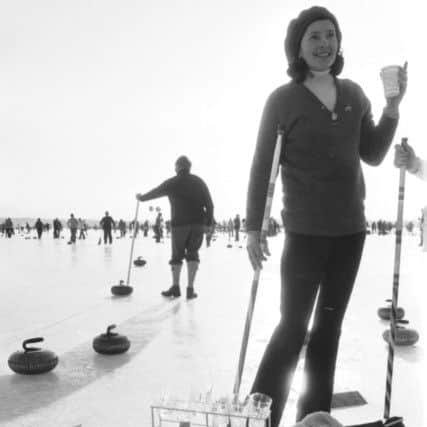

Then, it was the most popular sport in the country when colder temperatures made the game part of life in Scotland for many.
Poets of Kirkcudbrightshire, Renfrewshire and Lanarkshire celebrated the game in published poems with Robert Burns referencing the game in two stanzas in Tam Samson’s Elegy.
In Sir John Sinclair’s Statistical Account of Scotland (1781 – 1799), the sport is mentioned in several accounts of parish life.
Advertisement
Hide AdAdvertisement
Hide AdOne, from the minister of Muirkirk in Ayrshire, said: “Their chief amusement in winter is curling, or playing stones on smooth ice.
“They eagerly vie with one another who shall come nearest the mark, and one part of the parish against another, one description of men against another, one trade or occupation against another, and often one whole parish against another, – earnestly contend for the palm, which is generally all the prize, except that perhaps the victors claim from the vanquished the dinner and bowl of toddy, which, to do them justice, both commonly take together with great cordiality, and generally without any grudge at the fortune of the day.”
